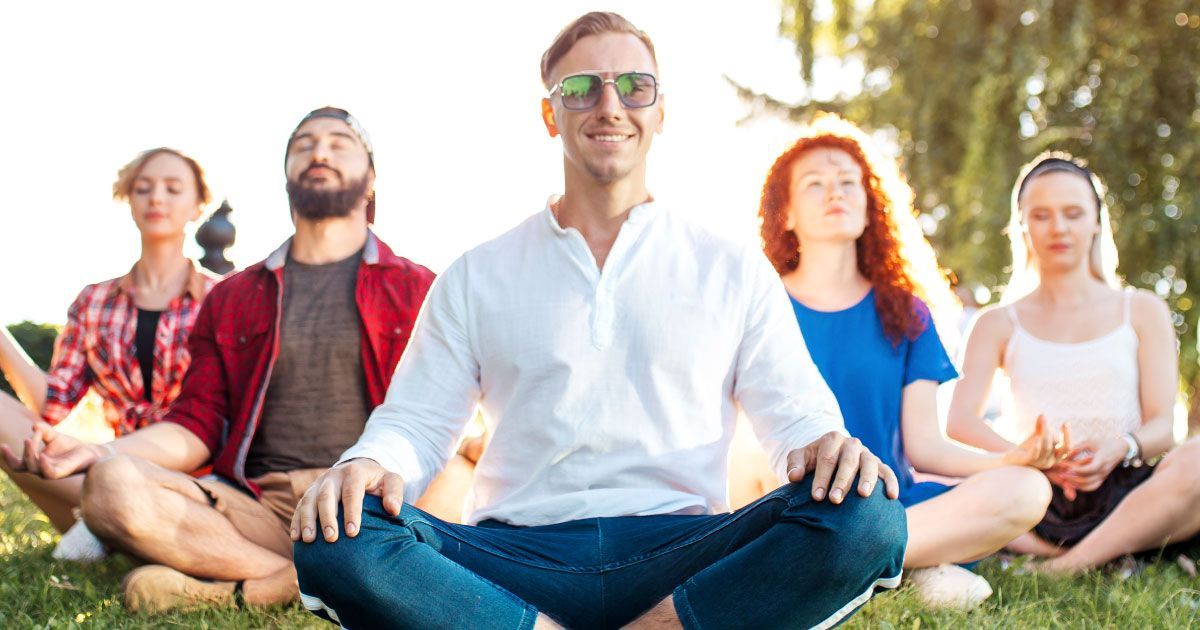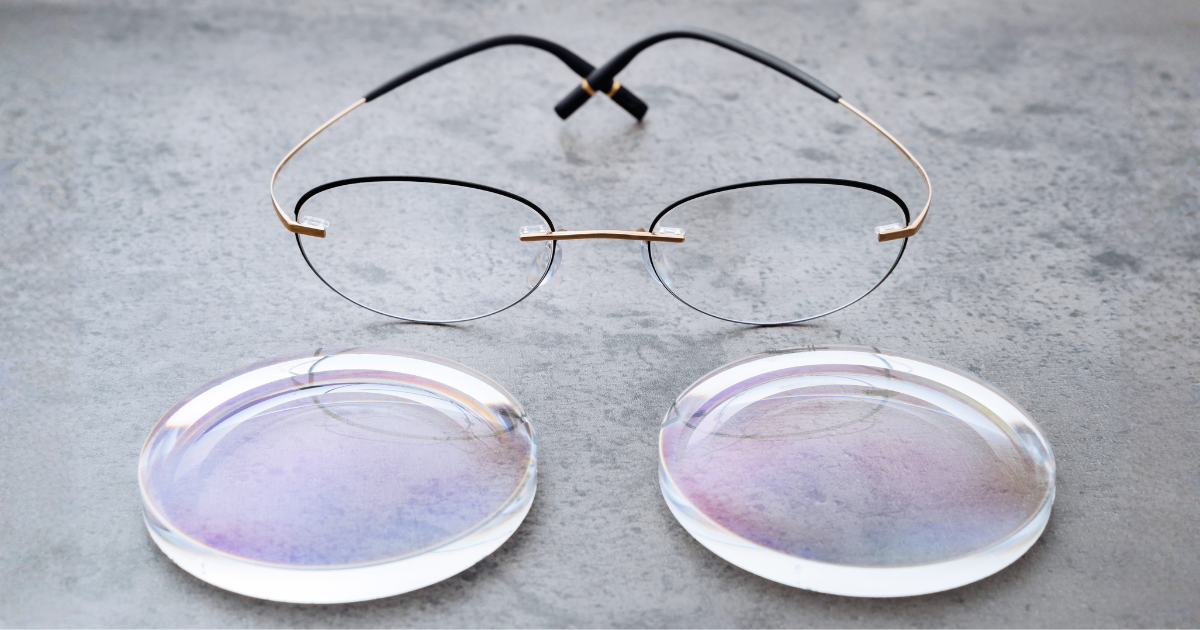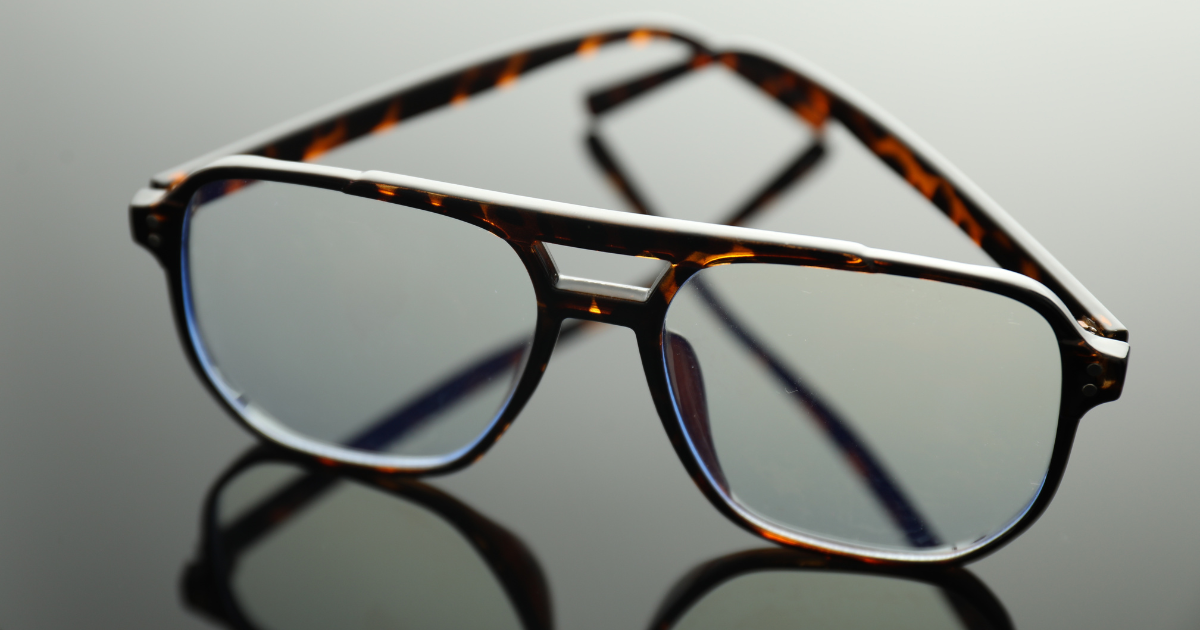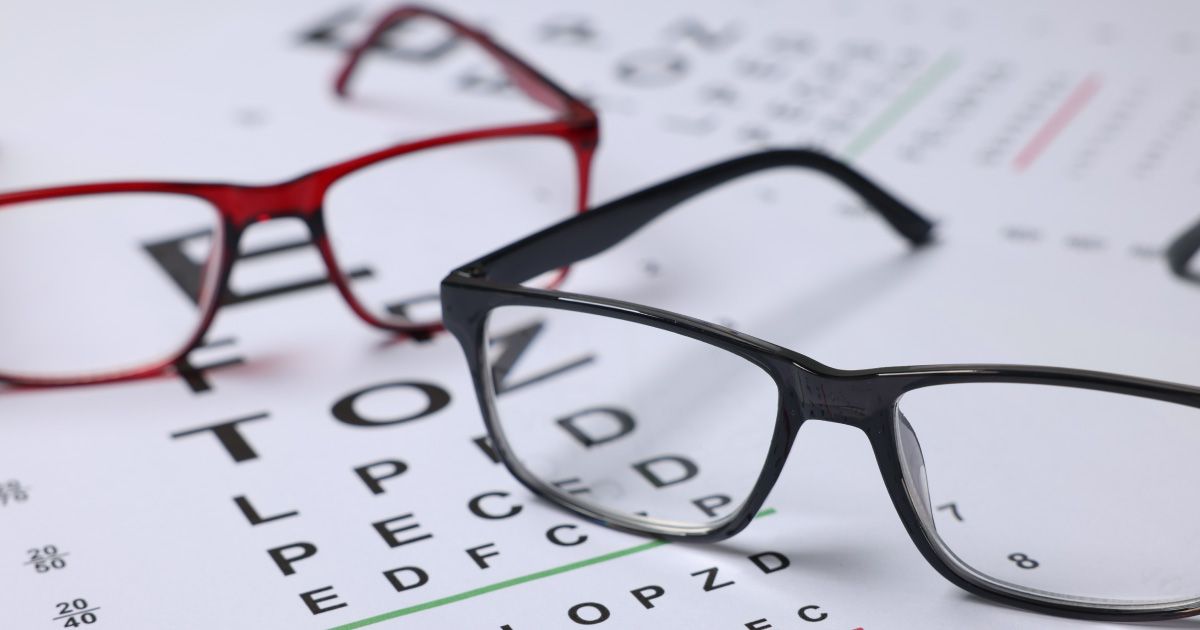The Connection Between Mindfulness Meditation and Eye Health

Read time: 5 minutes
It’s easy to forget how much we use our eyes every day. From staring at computer screens to scrolling through smartphones, our eyes get a workout. But all this screen time can lead to eye strain and stress. Finding ways to relax our eyes is important for maintaining good vision and reducing discomfort.
Mindfulness meditation is one way to help give your eyes a break. It involves focusing on the present moment without judging what's happening around you. This practice can lower stress levels and improve overall health. When applied to eye care, mindfulness can help reduce strain and keep your eyes feeling fresh.
Integrating mindfulness into your daily routine doesn’t have to be complicated. Simple exercises can make a big difference. By dedicating just a few minutes each day to these practices, you can support your eye health. In this article, we’ll explore how combining mindfulness meditation with proper eye care can boost your well-being.
Understanding the Connection Between Mindfulness and Eye Health
Stress impacts more than just your mood; it can harm your eye health, too. High stress levels can lead to eye strain, headaches, and even blurry vision. When you feel stressed, your body releases hormones that can affect your eyes. Prolonged stress can cause dry eyes, twitching, or sensitivity to light. So, managing stress is crucial for keeping your eyes healthy.
Mindfulness meditation helps reduce stress by promoting relaxation and focus. When you practice mindfulness, you take the time to slow down and pay attention to your body and mind. This practice can lower stress hormones, helping to reduce eye strain and discomfort. Mindfulness also encourages better habits, like taking breaks from screens, which further eases eye strain. By adding mindfulness meditation to your routine, you can support both your mental and eye health.
Simple Mindfulness Techniques for Eye Wellness
Finding time for mindfulness doesn’t have to be hard. Here are two simple practices you can try:
Deep Breathing Exercises
Deep breathing is a great way to relax your entire body, including your eyes. To start, sit comfortably and close your eyes. Take a slow, deep breath in through your nose, counting to four. Hold your breath for a moment, then exhale slowly through your mouth for another count of four. Repeat this several times, focusing on how the air feels as it moves in and out. Deep breathing helps reduce stress and gives your eyes a break from visual tasks.
Focused Attention Practices
Another easy technique is focused attention. Find a quiet place to sit. Pick an object to focus on, like a plant or a piece of artwork, something simple. Gaze softly at this object, noticing its details without straining your eyes. If your mind wanders, gently bring your focus back to the object. Spend a few minutes doing this to help center your mind and relax your eyes. These small breaks can make a big difference in how your eyes feel throughout the day.
Guided Meditation for Eye Relaxation
Meditation helps relax the mind and body, including your eyes. Follow this simple guide for a short meditation session focused on eye relaxation:
- Find a Quiet Space: Choose a calm place where you won’t be disturbed.
- Sit Comfortably: Sit in a comfortable chair with your feet flat on the ground. Rest your hands on your lap.
- Close Your Eyes: Gently close your eyes to reduce visual stimulation.
- Deep Breathing: Take a deep breath in through your nose, hold for a moment, and exhale through your mouth. Repeat this a few times.
- Bocus on Your Eyes: As you breathe, shift your awareness to your eyes. Relax the muscles around your eyes and face.
- Imagine Warmth: Visualize a warm light soothing your eyes. Imagine this light easing any tension or discomfort.
- Stay Present: Spend a few minutes in this relaxed state, focusing on your breath and the feeling of relaxation around your eyes.
Tips for Daily Integration:
- Morning Routine: Start your day with a quick meditation to set a relaxed tone.
- Screen Breaks: Take a few minutes between tasks to practice this meditation.
- Before Bed: Wind down at night with a short session to ensure restful sleep.
Combining Mindfulness with Proper Eye Care
While mindfulness can help reduce eye strain, regular eye check-ups are also essential. Visiting an eye doctor ensures that any issues are caught early and treated properly.
Importance of Regular Eye Check-Ups:
- Detect Early Problems: Routine visits help catch conditions like glaucoma or cataracts early.
- Update Prescriptions: Ensure that your glasses or contact lens prescriptions are current.
- Assess Overall Health: Eye exams can reveal signs of other health issues, such as diabetes or hypertension.
Holistic Approach to Eye Wellness
- Mindfulness Practices: Integrate meditation and relaxation exercises into your daily routine.
- Healthy Habits: Follow a healthy diet, stay hydrated, and get enough sleep to support eye health.
- Protective Measures: Wear sunglasses to protect your eyes from UV rays and take regular breaks from screens.
The Takeaway
Mindfulness meditation offers a simple, effective way to relax your eyes and reduce strain. By adopting mindfulness practices and staying vigilant with regular eye check-ups, you can ensure your eyes remain healthy and comfortable. A holistic approach, combining mindfulness with proper eye care, provides the best support for your vision.
Both elements—mindfulness and regular check-ups—play vital roles in maintaining good eye health. They work together to lower stress, catch any issues early, and promote overall wellness.
Ready to enhance your eye care routine? Urban Optiks Optometry is here to help. Schedule an appointment with our optical shop in San Diego today to learn more about integrating mindfulness with top-notch optometric care.
Share this blog post on social or with a friend:
The information provided in this article is intended for general knowledge and educational purposes only and should not be construed as medical advice. It is strongly recommended to consult with an eye care professional for personalized recommendations and guidance regarding your individual needs and eye health concerns.
All of Urban Optiks Optometry's blog posts and articles contain information carefully curated from openly sourced materials available in the public domain. We strive to ensure the accuracy and relevance of the information provided. For a comprehensive understanding of our practices and to read our full disclosure statement, please click here.


















